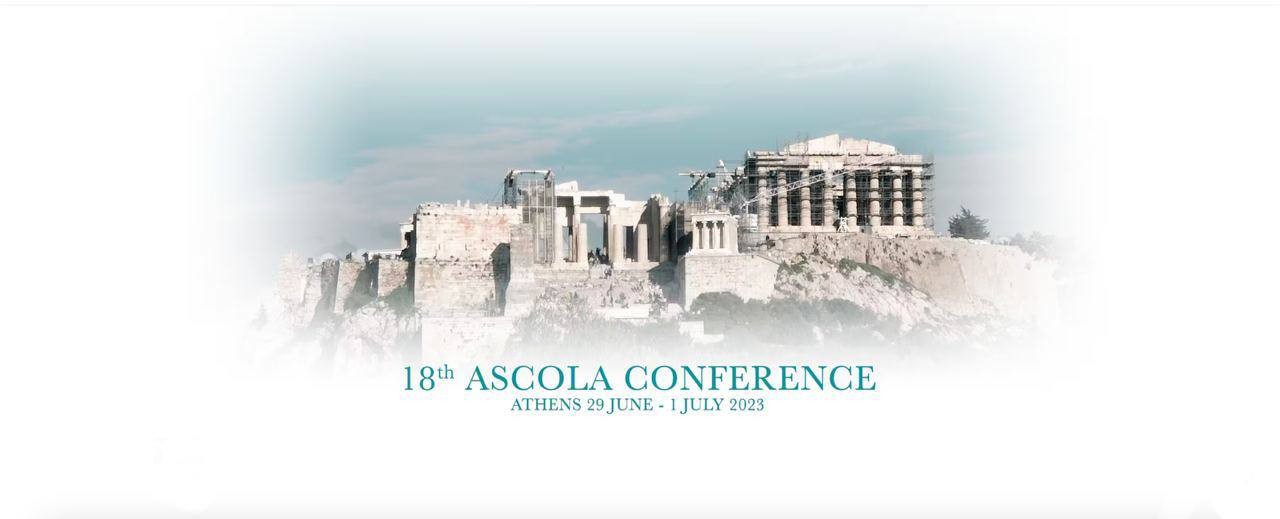On June 30, Alexey Ivanov, Director of the International BRICS Competition Law and Policy Centre, and Daria Kotova, an expert at the Centre, along with their colleagues from the International Institute for Applied Systems Analysis (IIASA) delivered a report on ecoantitrust at the 18th ASCOLA International Conference, which took place from June 29 to July 1 in Athens. Their report was entitled "The Ecological Approach to Digital Ecosystems and Competition Development: Gardeners vs. Mechanics."
The panel on Goals of Competition Law included a number of presentations that deal with the protection of competition in digital markets, the relevance of the consumer welfare standard used by regulators, the influence of ordoliberal concepts in EU competition policy, etc.
The concept of ecoantitrust is designed to adapt antitrust regulation to the conditions of global digitalization. The ecoantitrust is built on the analogy of digital and natural ecosystems. The BRICS Centre has been working on the ecoantitrust project since 2021 together with the Vienna-based International Institute for Applied Systems Analysis (IIASA). The ecoantitrust project was first presented in November 2021 at the BRICS Competition Conference in China.
The annual conference is held under the aegis of one of the leading international organizations in the field of antitrust law ASCOLA - Academic Society for Competition Law. The organization was founded in Munich at the Max Planck Institute for Innovation and Competition, in 2003. ASCOLA unites several hundred researchers and scholars from all continents who focus on antitrust law, economics and policy.
